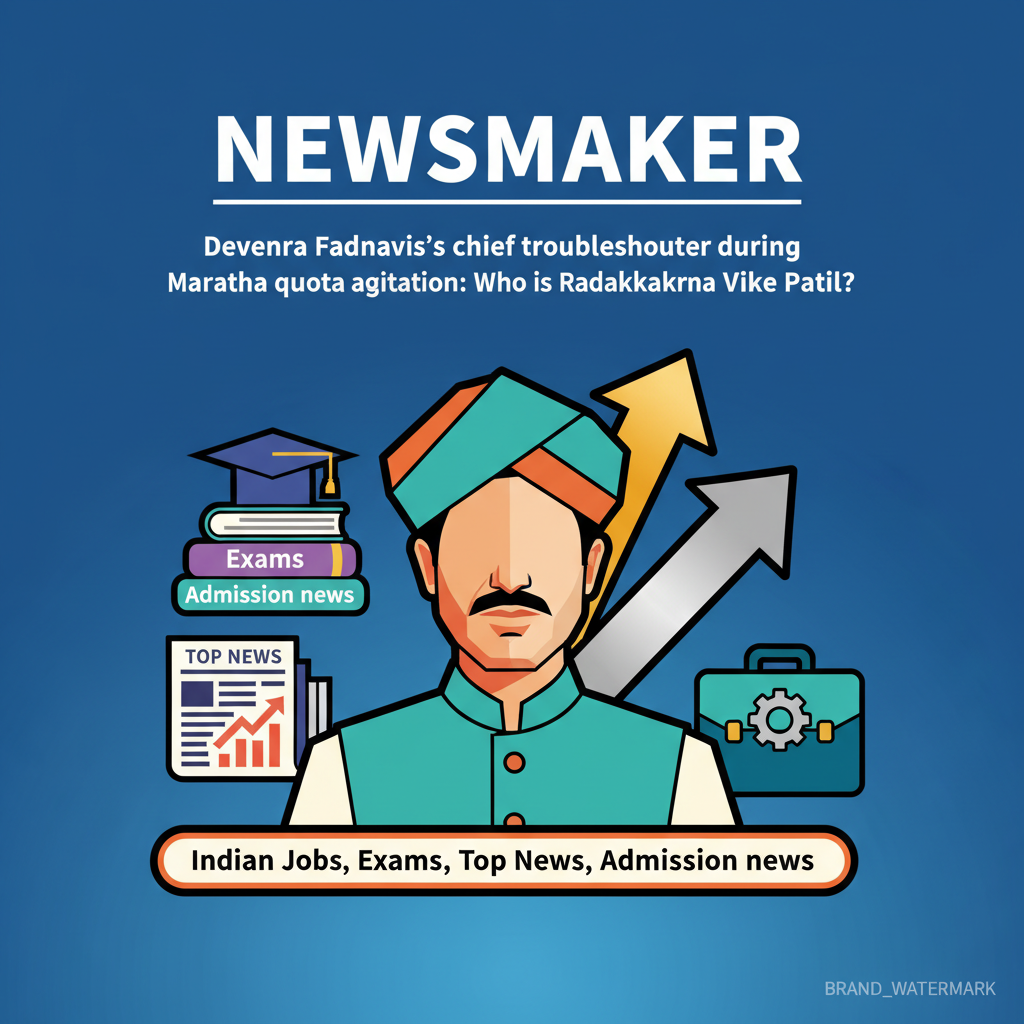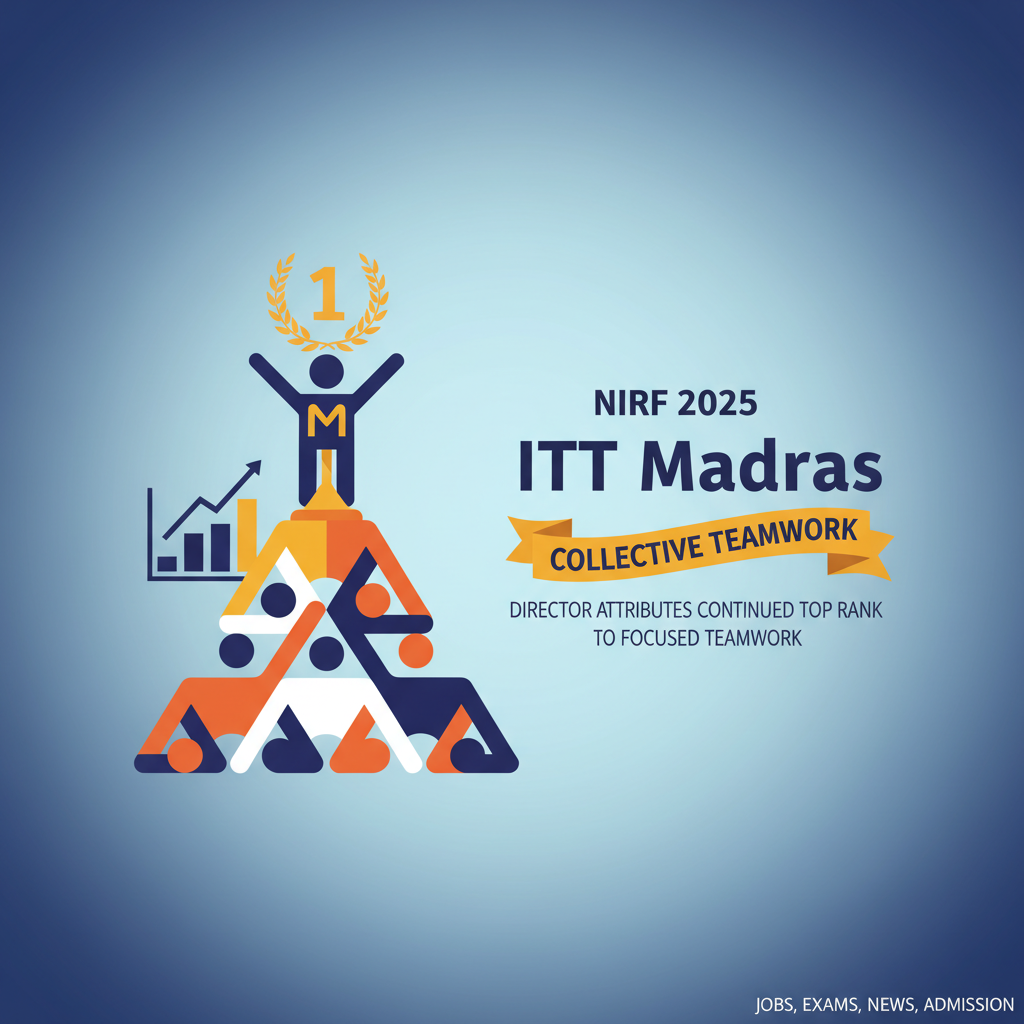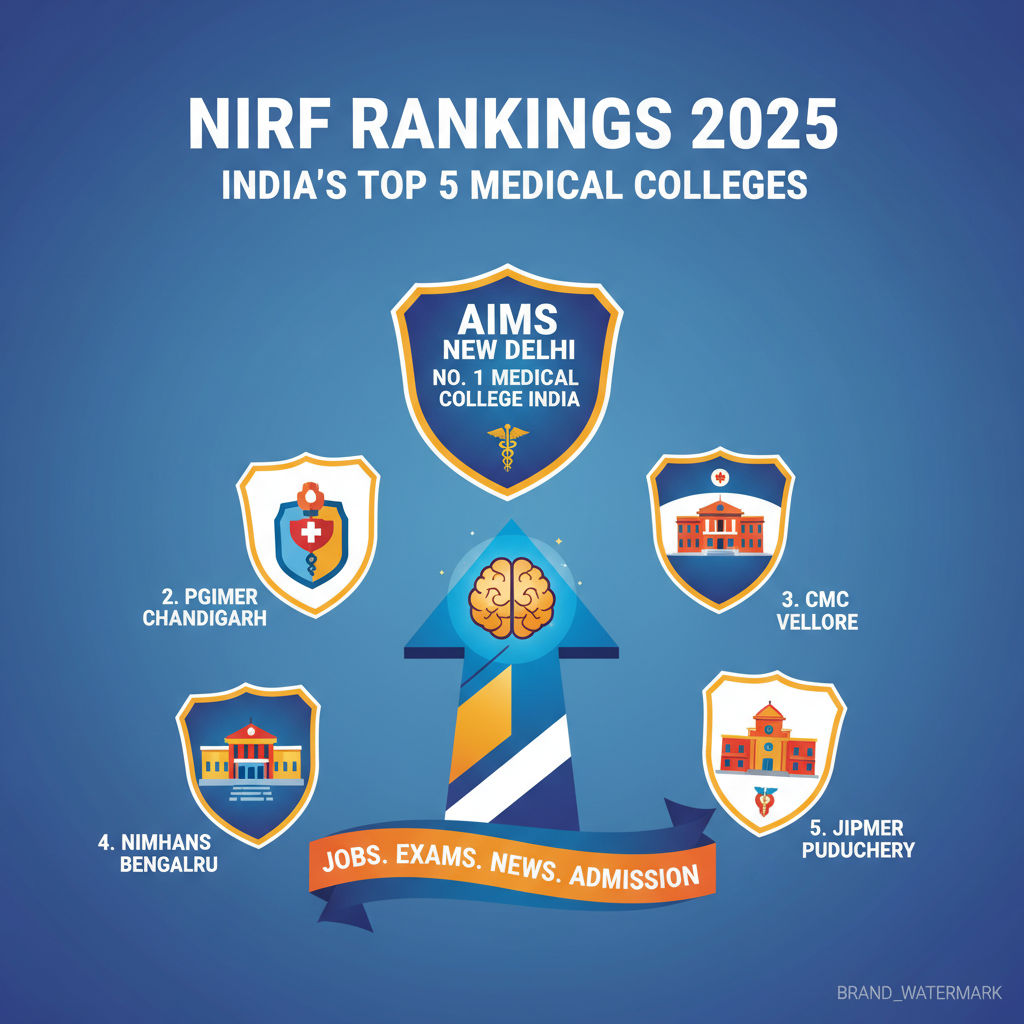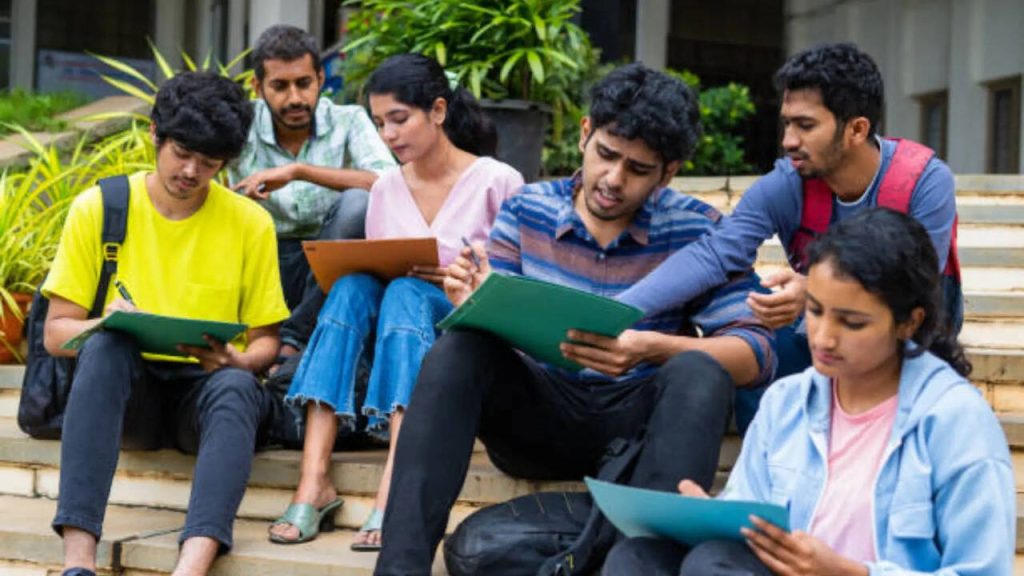No Controversial Manuscripts in DU Law Curriculum, Clarifies Education Minister Dharmendra Pradhan
NEW DELHI, July 13, 2024 – Union Education Minister Dharmendra Pradhan has spoken about the controversy surrounding the suggestion to include Manusmriti in the curriculum for Delhi University (DU) law students. He assured that no contentious texts will be part of the DU Law Curriculum, highlighting the university and government’s dedication to the Constitution.
Controversial Proposal Rejected
Amidst the controversy, Union Education Minister Dharmendra Pradhan clarified that there would be no inclusion of controversial parts of Manusmriti in the curriculum for law students at Delhi University. Pradhan revealed that DU Vice Chancellor Yogesh Singh had already rejected the proposal on Thursday. The proposal to include Manusmriti, suggested by a faculty member, was slated to be discussed at an Academic Council meeting on Friday.
The Faculty of Law at DU had proposed revisions to the jurisprudence syllabus for first and third-year LLB students, which included readings from Manusmriti. This proposal sparked criticism from a section of teachers. “We have rejected both the suggested readings and the amendments proposed by the Faculty,” Singh confirmed in a video message.
Commitment to Constitutional Values
The rejection of the proposal underscores the commitment to constitutional values and addresses concerns regarding the inclusion of potentially controversial content in the legal education syllabus.
Key Dates:
- Proposal rejection: Thursday
- Clarification by Dharmendra Pradhan: Friday
- Original Academic Council meeting scheduled: Friday
Details of the Proposal
The proposal to teach Manusmriti to LLB students at DU Law Curriculum included suggested readings such as Manusmriti with the Manubhasya of Medhatithi by G N Jha and Commentary of Manu Smriti – Smritichandrika by T Kristnasawmi Iyer. “There is no question of including any controversial portion of any script,” Pradhan stated emphatically.
Pradhan told reporters in Hyderabad, “Yesterday, some information came to us that Manusmriti will be part of Law Faculty course (in DU). I enquired and talked to Delhi University Vice Chancellor. He assured me that some law faculty member have proposed some changes in the jurisprudence chapter. There is no endorsement of any such proposal in the Academic Council. Yesterday itself, the Vice Chancellor rejected that proposal. We all are committed to our Constitution, to a futuristic approach. Government is committed to upholding the true spirit and letter of the Constitution. There is no question of including any controversial portion of any script.”
Implications
The proposal included revisions to the syllabus for first and third-year LLB students, proposing readings from Manusmriti with the Manubhasya of Medhatithi by G N Jha and Commentary of Manu Smriti – Smritichandrika by T Kristnasawmi Iyer. These suggestions drew criticism from a section of teachers concerned about the implications of teaching Manusmriti,
which contains content that could be seen as controversial and not aligned with modern constitutional values.
The clarification has been welcomed as it underscores the commitment to maintaining educational standards aligned with the true spirit of the Constitution, addressing public concerns over potentially divisive content. Future curriculum revisions will likely be closely scrutinized to ensure alignment with constitutional values and avoidance of controversial content.
This move ensures that law education at DU remains aligned with constitutional values, preventing potential ideological conflicts and controversies. The rejection of the proposal to include Manusmriti in the DU law curriculum reaffirms the university’s commitment to constitutional principles and addresses public concerns about controversial educational content.
- Rajasthan Govt Scholarship for Higher Studies Abroad, Announces Minister Avinash Gehlot
- VC Decision Mayawati Welcomes Delhi University: Rejecting ‘Manusmriti’ in Law Syllabus Aligns with Constitutional Values
- Delhi University VC Calls for Urgent Structural Reforms in Exam System Amid Paper Leak Crisis
- IIT Delhi and Prasar Bharati to Host DD-Robocon 2024 on July 13 and 14

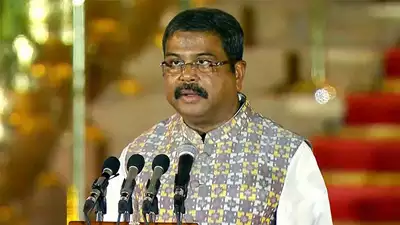
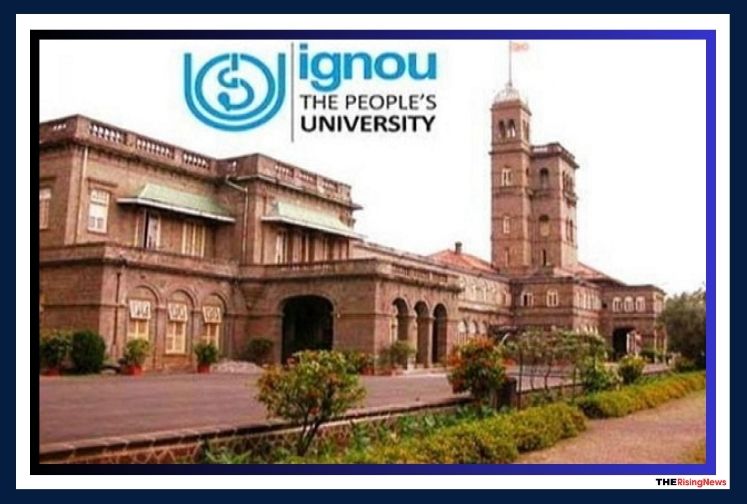
![IP University Pharmacy Admission: New with PCI Approval [ DPharm, BPharm, and MPharm]](https://www.therisingnews.com/wp-content/uploads/2024/07/therisingnews.com-1-1.jpg)



